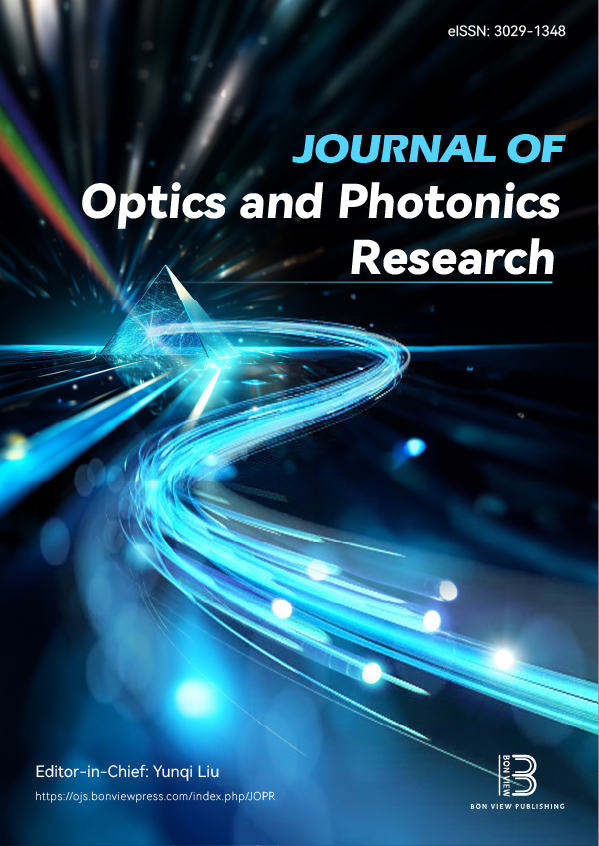Photobiomodulation with Low-Level Laser Therapy to Treat Rheumatoid Arthritis: Experimental and Clinical Evidence
DOI:
https://doi.org/10.47852/bonviewJOPR52025303Keywords:
photobiomodulation, arthritis, low-level laser therapyAbstract
Rheumatoid arthritis (RA) is a chronic autoimmune inflammatory disease that primarily affects the joints and can cause severe deformities, progressive destruction of joint structures, and significant functional impact. Although several mechanisms are known, the etiology is multifactorial and three times more women than men are affected. In addition to the joints, the disease can affect other systems, causing manifestations such as fatigue, fever, cardiovascular and nephrological changes, which together reduce patients' quality of life. Despite therapeutic advances with immunomodulatory and biological drugs, there are still many limitations, such as adverse effects and insufficient control of disease progression. In this scenario, photobiomodulation (PBM) using low-intensity lasers or LEDs has emerged as a promising complementary therapeutic approach due to its ability to modulate inflammatory processes, relieve pain, and stimulate tissue repair, all in a safe and non-invasive manner. This study aims to evaluate the effects of PBM in the treatment of RA based on a systematic review of the literature, examining the physical aspects of the technique, the pathophysiological mechanisms of RA in humans and in experimental models, and the clinical and experimental evidence related to the efficacy of PBM. The results indicate that PBM works by reducing oxidative stress and promoting tissue regeneration, with significant benefits in controlling inflammation and pain. Recent technological advances in the field of PBM, including more precise and adaptable devices, strengthen its potential as an effective complementary therapy, but challenges remain in terms of standardization of application parameters and clinical validation.
Received: 24 January 2025 | Revised: 19 May 2025 | Accepted: 25 June 2025
Conflicts of Interest
The authors declare that they have no conflicts of interest to this work.
Data Availability Statement
Data sharing is not applicable to this article as no new data were created or analyzed in this study.
Author Contribution Statement
Sabrina Zanchetta Lanza: Methodology, Investigation, Writing – original draft, Writing – review & editing, Visualization, Funding acquisition. Gaspar de Jesus Lopes Filho: Methodology, Writing – review & editing, Supervision, Project administration. Fernando Russo Costa do Bomfim: Conceptualization, Methodology, Validation, Investigation, Writing – original draft, Writing – review & editing, Supervision, Project administration, Funding acquisition.
Downloads
Published
Issue
Section
License
Copyright (c) 2025 Authors

This work is licensed under a Creative Commons Attribution 4.0 International License.
How to Cite
Funding data
-
Fundação Hermínio Ometto
Grant numbers 007/2025 -
Universidade Federal de São Paulo


